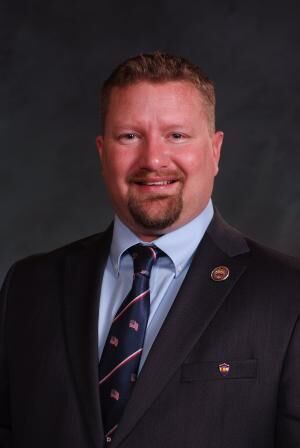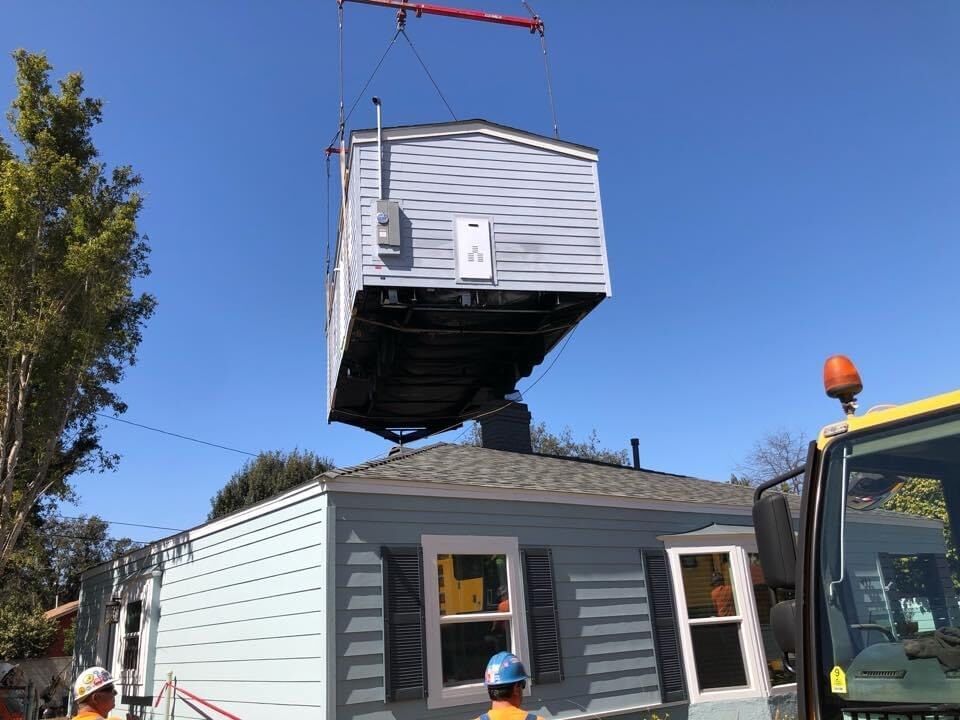Linking justice and mental health
Colorado lawmakers will consider a bill next session to help people with mental illness by getting those who treat them in the criminal and juvenile justice systems on the same page.
And it could help save some money in the process.
At its most recent meeting, a legislative oversight committee on mental illness and criminal justice gave the final go-ahead on a proposed plan to electronically link the Department of Human Services and Department of Corrections with county jails, community health centers and other mental health providers to share information on medication.
The committee reviewed letters from more than 80 people who said they weren’t getting the right medication consistently as they bounced between jails, hospitals, mental health centers and other providers.
Indirectly, such a partnership could save the system a lot of money. Committee advisers said when a person has gaps in medications, or gets the wrong medication, it’s a recipe for costly problems for taxpayers, if the medication gap leads them back to jail with new charges or in an emergency room.
“If they wind up back in the corrections system because they were given the wrong medication or inconsistent medication, then that’s the problem we’re trying to solve with this,” said Sen. Beth Martinez-Humenik, a Republican from Thornton, who will introduce the bill in the Senate.
The legislation also would encourage those who participate in the plan to share in the state’s cooperative purchasing agreements, which could yield savings for county jails and community mental health centers, according to staff briefings on the bill.
Directly, the state will have to add one person to run the program and possibly pony up a projected $418,200 for e-mail serves that ensure the exchange of encrypted medical information with non-state agencies, such as county jails, treating someone in the system.?One issue legislators and special interests are likely to tangle over is privacy. While mental health information must remain private under federal laws, medical information sharing always riles up the warriors for civil liberties.
The total cost of the bill-the fiscal note, as it’s called at the Capitol-will accompany the bill by the time it reaches its first legislative hearing after the session starts Jan, 11.











